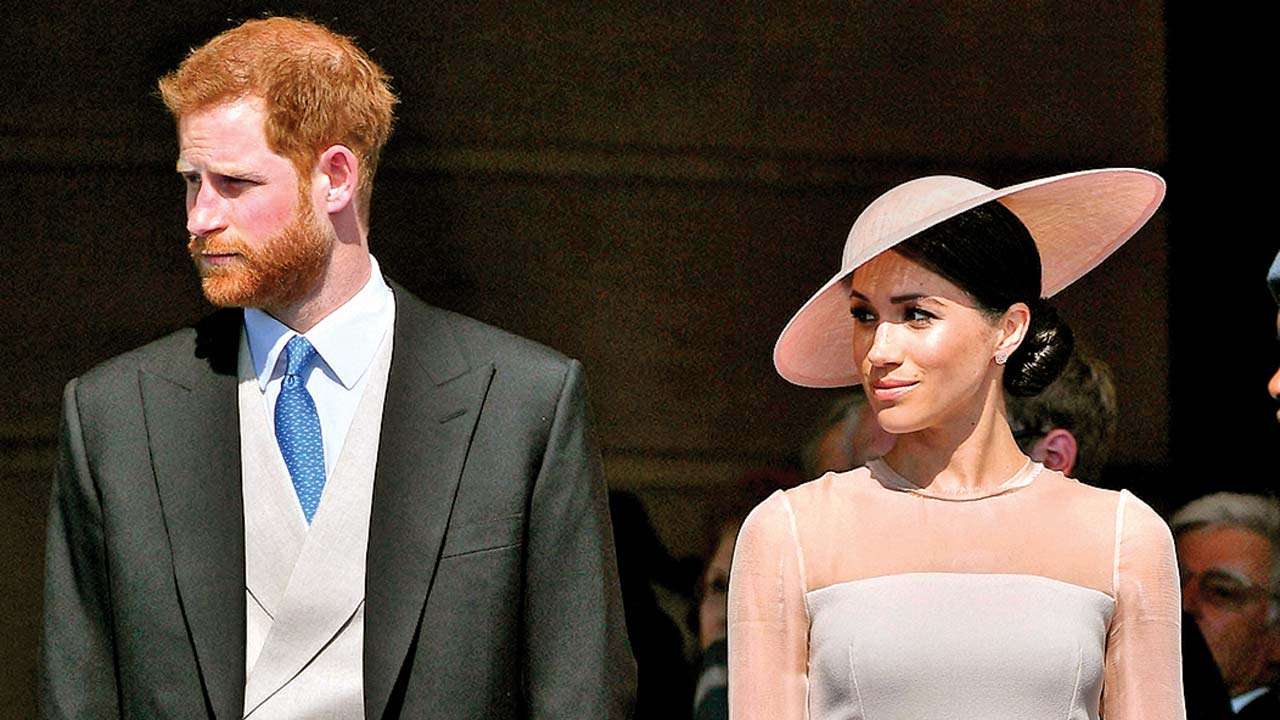
Last week, as I was browsing news channels, I saw some TV channels showing highlights of the royal wedding. When I opened social media, I found people sharing videos and pictures of the royal couple. Royal wedding had been trending for the whole day on social media and I was forced fed information about a marriage I had no interest in. It was like buying a ticket to some other movie and then being forced to walk into a Rajshree film, that too, with lots of old white people in it.
Few days before that, I saw an advertisement for the live streaming of the royal wedding in between some IPL match. I thought it was just a conspiracy to forcefully feed us entertainment that we don’t really need, just like IPL matches. But then, the news space suddenly exploded with details of the wedding. Thankfully, our Indian channels did not run a live commentary of the wedding like their American counterparts did.
To be frank though, I was completely dumbfounded by the interest people showed in the royal wedding. Had we somehow broken the time-space continuum and gone back to pre-Independence era, albeit one where everyone had a television set or mobile phone? Are there people in India actually interested in the wedding of a royal British prince, who might never even be the king one day and has absolutely no powers in today’s democratic Britain? Is it some kind of colonial hangover or are we so tired of our real lives that we would watch anything to get away from it?
It is also surprising that Indians would watch or follow the royal wedding in the same week that the Karnataka floor test and the drama that preceded it took place. It was a remarkable event, packed with emotions, dramatic dialogues, action and gossip. With the 24-hour coverage of the event by news channels, it was surely the most entertaining thing on television all week. It was so good that it was actually exhausting.
Maybe some people wanted something more sanitised and less dramatic. Maybe they thought this was the spin off to Downton Abbey or the sequel to The Crown, toned down for real life. Nonetheless, it would be foolish to judge anyone for watching it. For the whole world was watching it along with them.
It’s been 330 years since the glorious revolution took place and Britain became a constitutional monarchy. Although the monarch remains the symbolic head of the state in Britain, there are no concrete powers vested in the institution of monarchy. Some people claim that despite the symbolism, the monarchs and the royal family have been able to capture the imagination of the people beyond the boundaries of Britain.
But one could also easily argue though that this frenzy over the royal wedding had nothing to do with royalty. It could be seen as a celebrity marriage or a pop culture event. The members of the British royal family are celebrities within Britain and outside. The late Princess Diana became a celebrity worldwide — her public appearances became an event in itself. Her death too, couldn’t escape the limelight of the press. Films made on her life only lionised her image, creating the myth of the outsider who was changing the royal family. Prince Harry’s marriage to Ms. Markle, an American actress of biracial and non-royal origins, seems like an extension of that story and the myths inherited about the changing nature of royalty. But how does the changing nature of royalty affect any of us? It doesn’t even bother the larger British populace, two thirds of whom (according to one survey) were not even interested in the royal wedding.
While most of us, Indians, have shed our colonial baggage in the last seventy years, we have been enslaving ourselves, along with the rest of the world in a culture where entertainment is commodified to such an extent that it no longer remains entertainment. A growing chunk of our populace depends on American and British pop culture for entertainment. Their vocabulary, their pass times, their cultural references come from that world. And in that world, the royal wedding was a big event. These days, everything which is talked about in America becomes talked about in India too. Part of the blame lies with the Indian film and television industries since it fails to cater to the ever-growing section of young and urban population. Though that is slowly changing and hopefully, in the coming years, we won’t have to watch a British royal wedding.
Truth be told, most Indians have grown up hearing stories of prince and princesses. We have a rich culture of mythology and storytelling, which celebrates diverse cultures and people. That we have to depend and sometimes be dictated by American and British pop culture is partly a failure of our imagination and partly the victory of commoditisation of entertainment. All said and done, do you know what’s hot on Netflix these days?
The author is a poet and activist based in Delhi. Views are personal.